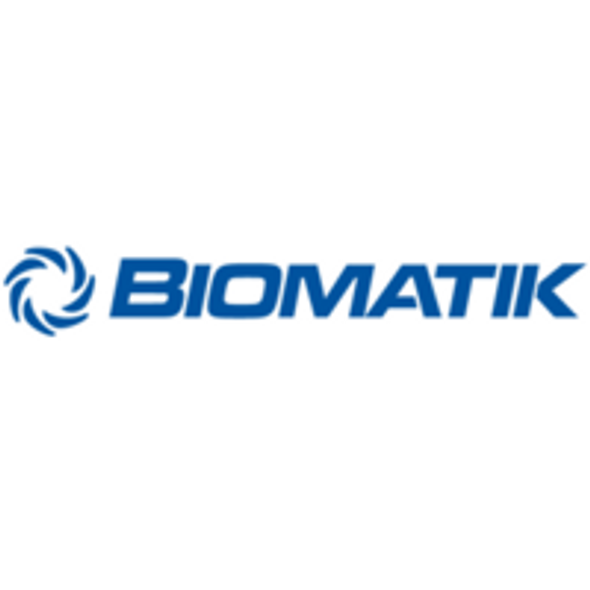Description
SUMO2, human recombinant is available at Gentaur for Next week delivery.
A substrate for deSUMOylating enzymes.
Biomolecule/Target:
Alternates names: SUMO-2, Ubiquitin-like protein SMT3B, SMT3 homolog 2, Sentrin-2, HSMT3, SUMO-3, Sentrin2, SUMO2, SMT3H2, MGC117191.
Synonyms: SUMO-2, Ubiquitin-like protein SMT3B, SMT3 homolog 2, Sentrin-2, HSMT3, SUMO-3, Sentrin2, SUMO2, SMT3H2, MGC117191.
Background Information: SUMO modification has been implicated in functions such as nuclear transport, chromosome segregation and transcriptional regulation. SUMO1 functions in a manner similar to ubiquitin in that it is bound to target proteins as part of a post-translational modification system. Still, unlike ubiquitin which targets proteins for degradation, SUMO-2 is involved in a variety of Cellular processes, for example nuclear transport, transcriptional regulation, apoptosis, and protein stability. The active recombinant SUMO-2 is derived from the precursor pro-SUMO-2 (Accession # NM_006937). Human SUMO-2 shares 44% and 86% identity with SUMO-1 and SUMO-3 respectively. SUMOylation can occur without the requirement of a specific E3 ligase activity, where SUMO is transferred directly from UbcH9 to specific substrates. SUMOylated substrates are primarily localized to the nucleus (RanGAP-1, RANBP2, PML, p53, Sp100, HIPK2) but there are also cytosolic substrates (IκBα, GLUT1, GLUT4). SUMO modification has been implicated in functions such as nuclear transport, chromosome segregation, transcriptional regulation, apoptosis and protein stability.
Reconstitution Instructions: N/A
NCBI Gene Symbol: SUMO2
Gene ID: 6613
NCBI Accession: P61956
Additional Information
Size: |
1 mg |
Country of Manufacturing Origin: |
USA |
Country of Animal Origin: |
USA |
Gene Source: |
Human |
Recombinant: |
Yes |
Source: |
E. coli |
Purity by SDS-PAGE: |
≥95% |
Assay: |
SDS-PAGE |
Purity: |
N/A |
Assay 2: |
HPLC |
Endotoxin Level: |
<0.1 ng/μg |
Activity (Specifications/test method): |
N/A |
Biological activity: |
Typical in vitro concentrations for conjμgate formation is 10-50 µM depending on conditions. |
Results: |
10-50 µM |
Molecular Weight: |
11.6 kDa |
Storage Temperature: |
-80°C |
Shelf Life: |
12 months |
Concentration: |
N/A |
Appearance: |
Liquid |
Handling: |
Centrifuge the vial prior to opening. |






